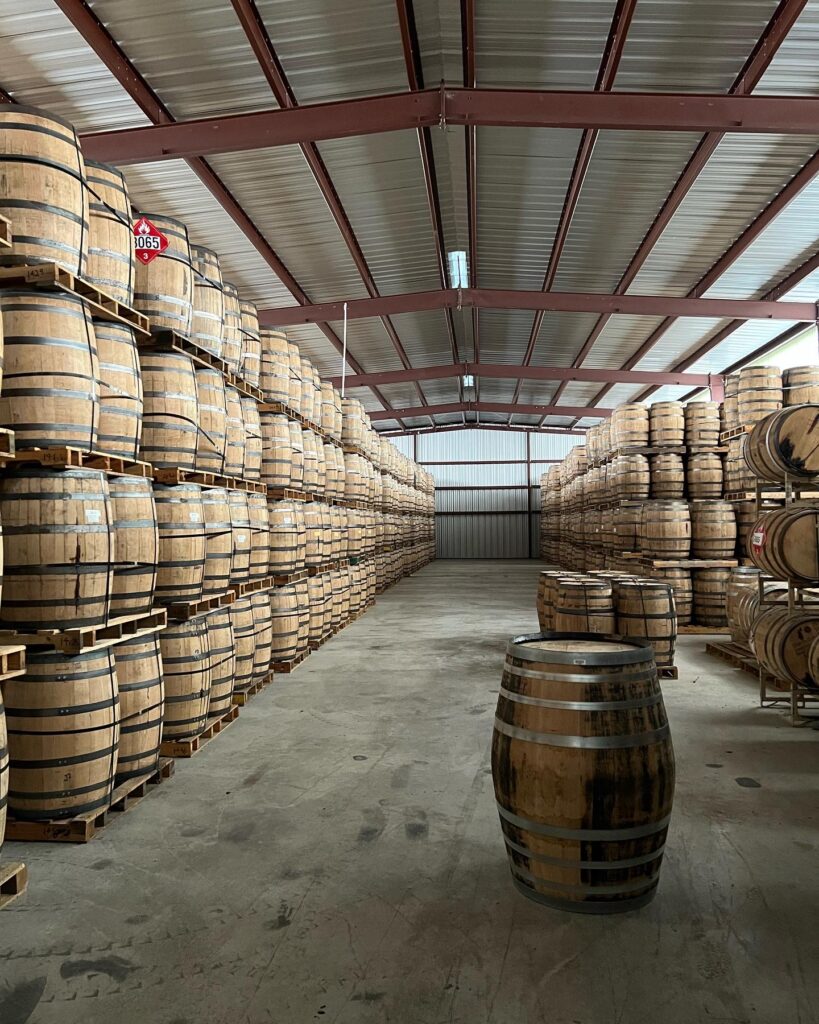E-commerce and DTC (Direct to Customer) Sales Trends for US Alcohol in 2025
Over the past few years, the world of online alcohol sales has evolved drastically; 2025 looks to be the most interesting year yet. E-commerce and DTC sales patterns for US alcohol in 2025 are reaching new heights with a positive trajectory with changing consumer behaviors, new regulatory frameworks, and tech-savvy audience wanting convenience. Today, we explore closely what is happening, what is new, and what companies should monitor if they wish to remain competitive.
The New Age of Online Alcohol Sales
Strict laws have always presented challenges for the US internet alcohol sector, but things are rapidly changing. Most states have changed their legislation for 2025, which will facilitate sales and shipping of alcoholic drinks over state boundaries for Direct-to- Consumer (DTC) brands and stores. Platforms like GoPuff, ReserveBar, and even Amazon are rapidly entering this market and generating a somewhat competitive scene.
Furthermore, providing more tailored purchasing experiences is e-commerce sites. The standard today is AI-driven recommendation engines, virtual sampling events, and loyalty schemes, which makes online booze buying more interesting than ever.
Important E-commerce and DTC Alcohol Trends to Watch
Premiumization on the Rise
Online quality and craft products are worth more to consumers. Highly sought-after and high quality small-batch spirits, handcrafted wines, and limited-edition beers provide a perfect chance for niche DTC companies to stand out.
Auto-replenishments and subscriptions are now mainstream.
Automatic reorder options and monthly alcohol subscription boxes are no more out of the norm. Consumers want the ease of curated deliveries, usually depending on companies that offer consistent, premium choices.

The Part Technology Plays in Changing Alcohol E-commerce
These days, technology is the foundation of effective DTC operations rather than being an enabler. Virtual reality tasting rooms, blockchain verification for luxury spirits, and augmented reality (AR) labels are starting to abound. Moreover, mobile-first approaches rule; 75% of alcohol-related online sales in 2025 will come from cellphones.
Additionally, important is social media commerce. Particularly among Millennials and Gen Z consumers, markets for TikHub, Instagram, Facebook have become efficient means for both discovery and sales. DTC sales of alcohol brands embracing short-form video content, influencer partnerships, and targeted ads are showing notable increase.

Regulatory Flexibility and Compliance Changes
Compliance is still very important even if there have been advances in legislation. Every state has unique shipping rules, age verifying procedures, and reporting requirements. Luckily, tech fixes like Avalara for Beverage Alcohol and Sovos ShipCompliant have lessened compliance’s suffering. Companies making investments in these systems guarantee better operations and help to prevent expensive fines.
Concurrent with this, alcohol delivery companies have to follow local rules on delivery times and ID verification. Several jurisdictions debuted digital ID scanning apps linked with delivery systems in 2025 to enable drivers quickly and securely verify age.
Plans for Companies Expanding in 2025
Make investments in quick-loading pages, simple checkout systems, and clear website design. Metro marketplaces are dominated by brands providing either two-hour or same-day delivery choices. Content blogs, cocktail recipe videos, live tastings, and micro-influencer partnerships let companies build communities instead of only consumer bases.
Final Thoughts
Trends in e-commerce and DTC sales for US alcohol in 2025 show a fast-maturing market full of possibilities but also with strong competition. Agile companies that use technology, give compliance top priority, and interact with their consumers will flourish. Businesses should not wait as US consumers now find online purchasing for alcohol second nature. This is the time for creativity, interaction, and exponential expansion unlike ever before.
FAQs
1. In every US state, is it lawful to directly send alcohol to consumers?
No, certain states still have tight regulations or bans on DTC alcohol shipping even if many others have relaxed restrictions. Always find the most recent rules for any state.
2. In 2025, which kinds of alcohol is most trending?
Leading the developments are premium spirits, organic wines, non-alcoholic substitutes, and low-ABV cocktails.
3. For DTC alcohol companies, what value does social media hold?
quite crucial. Particularly among younger consumers who would rather buy on sites they use daily, social media increases both discovery and loyalty.
4. Which technology does DTC alcohol brands give top priority?
Must-have for success in 2025 are age verification technology, mobile-optimized sites, AR experiences, and AI-driven customisation.
5. How might smaller alcohol businesses contend with larger companies online?
By stressing niche markets, creating real communities, providing individualized experiences, and stressing original brand tales, one can create.
